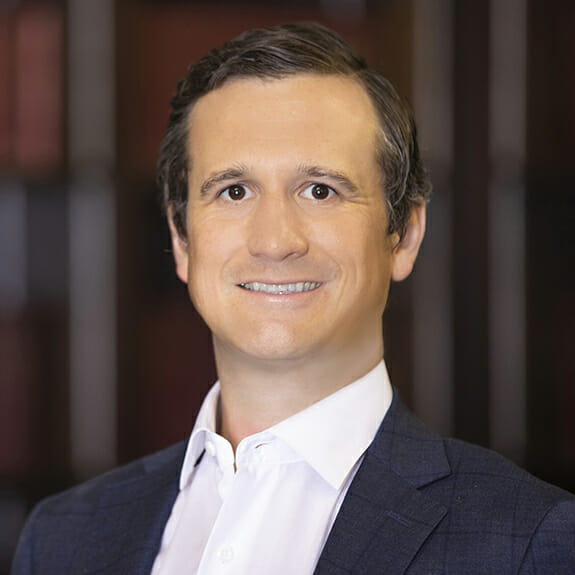David M. Arvesen is a principal attorney at Munck Wilson Mandala, practicing in the firm’s technology/intellectual property group. He focuses his practice in the area of patent preparation and prosecution.
Press Releases
Nine Munck Wilson Mandala Attorneys Selected as Texas Rising Stars
Dilbeck and Howison are newly honored this year as Texas Rising Stars and Lopano and Strauss are recognized among the prestigious Up and Coming 50: 2022 Women in Texas Rising Stars. Lopano was also listed among the Up and Coming 100: 2022 Texas Rising Stars. The MWM attorneys were selected in the categories of intellectual
| 2 minute read
Press Releases
Nine Munck Wilson Mandala Attorneys Selected as Texas Rising Stars
Arvesen, Harden, and Plagens are newly honored this year as Texas Rising Stars and Lopano was recognized among the prestigious Up and Coming 50: 2021 Women in Texas Rising Stars. The MWM attorneys were selected in the categories of intellectual property, business/corporate law, business litigation, employment litigation, and intellectual property litigation. Published by Thomson Reuters,
| less than a minute
In the News
10 Munck Wilson Mandala Attorneys Selected as Texas Rising Stars
This week, 10 Munck Wilson Mandala attorneys were recognized as Texas Rising Stars for 2024, by Thomson Reuters. The attorneys honored were MWM partners Chase Cobern, Aaron Dilbeck, Keith Harden, William Howison, Sarah Lopano, and Jordan Strauss; principal attorney David Arvesen; senior associates Julie Christensen and Tri Truong; and associate Tiffany Kahler. Truong is newly
| 2 minute read
Texas Tech University School of Law, JD, 2012
Baylor University, BS, 2006
Mechanical Engineering
- State Bar of Texas
- Dallas Bar Association
Intellectual Property Section and Computer Law Section - Registered U.S. Patent Attorney
- The Honorable Barbara M. G. Lynn American Inn of Court
- Texas Rising Stars, Thomson Reuters
2021 – 2023
Texas, 2012
U.S. Patent and Trademark Office
